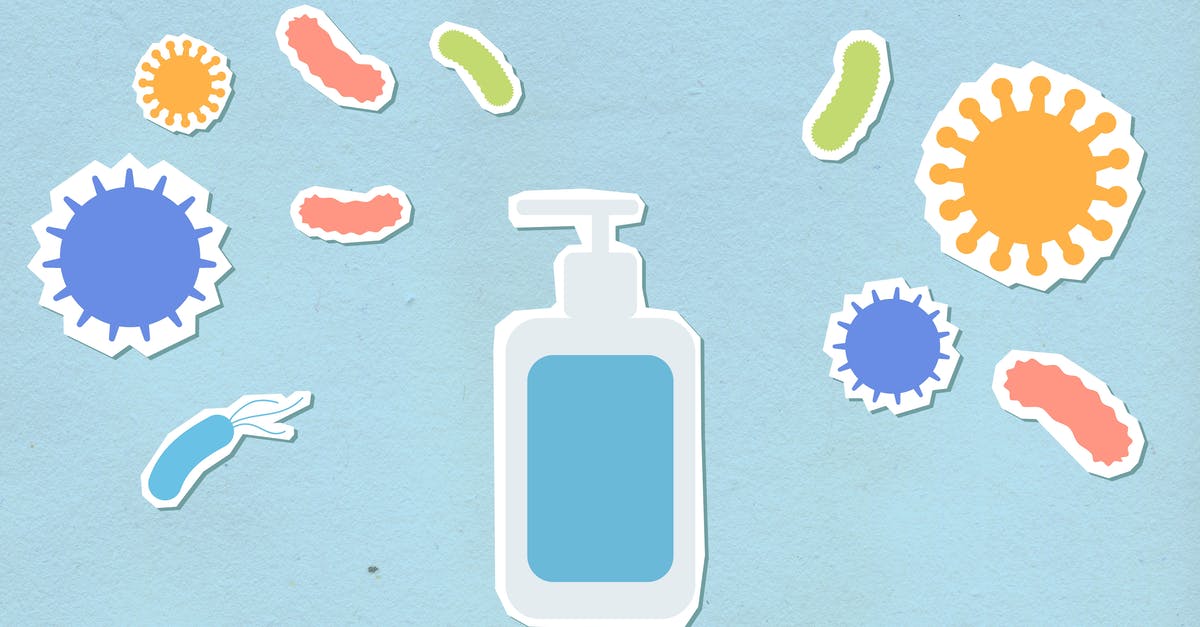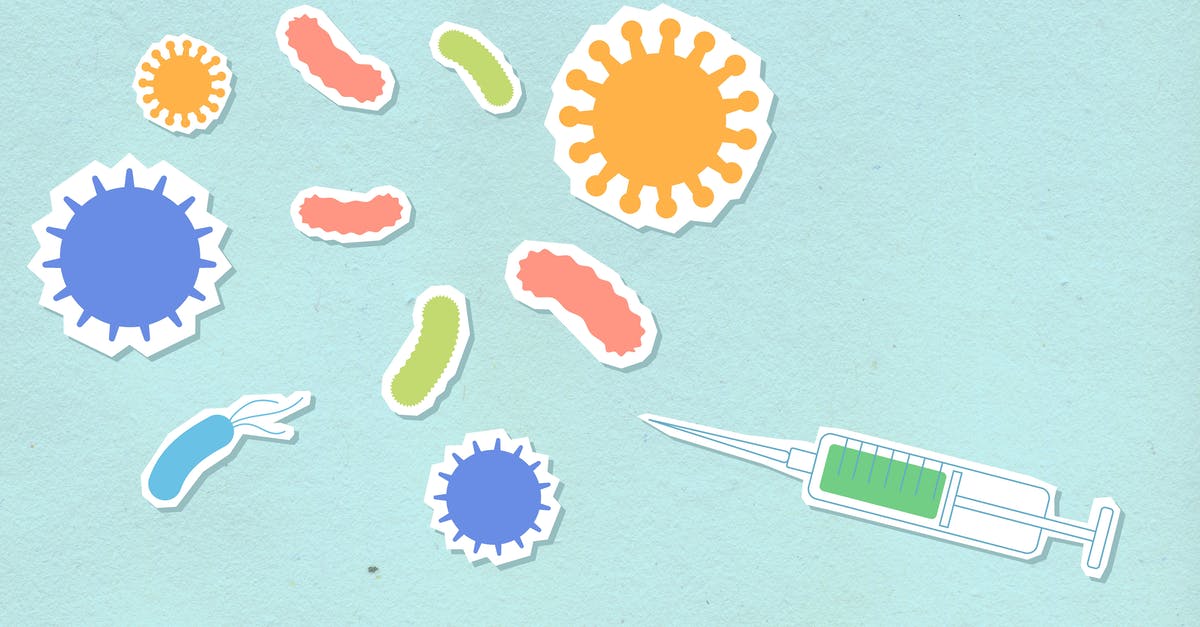What to do when I become violently ill on planes?

I became violently ill on the past 3 flights I was on and I'm wondering what I'm supposed to do when I get sick on a plane.
I have issues with my throat, esophagus and stomach, it's an everyday occurrence that I deal with, but on the plane the problems amplified by 100. I'm unsure of what brings it on, but noticed if I talk very long, the sickness hits me and that's what happened on the plane. My throat, esophagus and stomach starting hurting, it felt like someone was squeezing my throat and esophagus, I had violent dry heaves, nausea, dizziness, a headache and my heart started racing. These things hit me all at once on the plane and it felt like I would pass out.
The plane was packed with every seat filled, so no place to lie down and there was no first class, just regular seating. I had a layover in Chicago and thank God I didn't have to change planes. The airline brought an EMT on the plane to make sure I wasn't having a heart attack and after everyone left the plane, I went up to the front of the plane and lay down across three seats. The airline associate told me I could stay there but if the extra seats were needed I would have to sit up. Thankfully not all the seats were filled and I was able to keep lying down for the remainder of my trip.
I use meds on a daily basis due to my throat, esophagus and stomach issues. I'm wondering if there's anything else to take besides what I have. I love to fly but I'm so afraid I will become this ill again. I did go see my doctor the following day and basically he said, well, don't fly anymore since you get air sick. In all my years of flying, I had never dealt with such sickness so, I thought I'd reach out and see if anyone had any ideas or had experienced such illness flying and how they handled it.
I'm now afraid to fly in fear of getting sick again! I had taken my nausea and anxiety meds from my doctor but they weren't helping. It sucks there's no place to lay down on planes.
Best Answer
A doctor would best answer what to do for a particular condition as what may help with some, can make things worse for others. Really, consult you doctor. In the meantime I can offer general advice.
Things to consider when getting sick on a plane:
- Have you medication handy, on the personal item or carry-on which you keep under the seat in front of you. If you need some water, to take them, nearly all planes have an attendant call button, either above the seat or on the arm rest. When available, I also buy chewable medication so that I can take them without waiting since you may have to wait several minutes for staff to respond. Not all are available in chewable form but I do have some for stomach issues and allergy.
- Breath slowly and deeply. Open the air vent above your seat as much as possible which is the only way the air will feel fresher on the plane.
- Drink often, water or juice, to stay hydrated with carbonation which can make people feel worse.
- For nausea, certain tastes and smell held. You can carry with you some candied ginger or ginger chews but I find that salty things tend to work better for me. Gum can help too since it creates some moisture while you chew it.
- Nice fresh smells can help alleviate some symptoms. If you have perfume, in carry-on size or can just use something else such as a lip-balm with fragrance, smell them periodically.
- Go to the washroom and splash your face with cool water. Basically cool yourself down. If you need to cool down faster ask for ice and place it in a ziplock bag. Cooling even just your neck makes the whole body feel cooler.
Not all of the above works for everyone in every case but these are things to try.
Think about others:
- If you get ill from an infection which could be contagious, put on a medical mask and use hand sanitizer to ensure you do not leave infectious traces around.
Now, you probably want to avoid getting sick on a plane in the first place. Nothing will ensure that but you can stack the odds on your side.
Things to reduce chances of getting sick:
- Get plenty of rest. Sleep a good night before the flight and choose a schedule that makes it easier, although there is not always an option.
- Break up the journey. Traveling long hours without much rest or fresh air is hard on the body. You can opt for connecting flights with an overnight stay and that means you won't be spending such long time cramped in a single day.
- Keep you medication schedule as regular as possible. People with chronic issues sometimes have to mediate every 12 hours, every 8h or so. It is best to have constant levels of these and not take them too much in advance which could make side-effects worse, or too far off. When adjusting for time-zone changes, try to keep your medication on schedule with your home timezone. Sometimes, particularly when medication has to be coordinated with meals (as in 3h before eating, with food, etc) this becomes unpractical but do what you can.
- While it is usually not ideal to take things without needing them, there are certain preventive medication that you can take ahead of a trip. Anti-nausea pills often must be taken an hour before travelling. There are pill to reduce stomach acidity, in case you are prone to reflux during flights.
Disclaimer: I am not a doctor. Yours should have the final say on what would be best for you to do.
Pictures about "What to do when I become violently ill on planes?"



How do you fight airplane sickness?
6 Ways to Prevent Motion Sickness While FlyingWhat happens if you get really sick on a plane?
If there's a medical emergency on a flight, some planes will make an emergency landing so the passenger can get treatment. But on others, sick passengers are treated on board by flight attendants or medical personnel who happen to be on the same flight and volunteer to help.How do you recover from a flight sickness?
Tips for immediate reliefCan you board a plane being sick?
An airline can deny boarding of any passenger who looks unwell, especially if they suspect the passenger might be infectious (infect other passengers).5 tricks to prevent getting sick on an airplane
More answers regarding what to do when I become violently ill on planes?
Answer 2
I have been having motion sickness as a child but grew out of it mostly as a teen. Since then I have had the odd time of being motion sick.
When I looked back when I was sick, I could always see I had been poorly or ill in the period shortly before traveling. The next time traveling in the same method, I would not be sick.
From that I know that being travel sick is now is not a guaranty you will be sick next time.
If you still have the same health problems you have now, not flying is the safest option.
If you have to fly, for whatever reason, try to get your health up as much as you can and discuss it with your doctor before flying.
There might be special medication they can give you for the flight, like medication that makes you sleep through the experience or medication that is way stronger than your normal medication which is only for short term use.
If your current health issues are solved, you might be able to fly again as you always did, without getting sick.
Answer 3
Although it may be a financial strain, riding in first or business class may be a good option:
you get much more attention from the flight attendants and they can bring you a cold bubbly drink before the plane takes off, which can help settle your stomach
you have a dedicated section bathroom which isn’t nearly as busy and is much closer
the in-flight meals are better and less likely to be gross
the seats are more comfortable, will fully recline, and smells and sounds from neighbors don’t come across as much
the front of the airplane jerks just as much as the rear but I find it less objectionable than the rear, this may be because you can’t see the plane pitching and people and carts flying up in the air if you’re up front
there’s much less engine noise
Unfortunate, no airline I know will give you a discount upgrade for medical reasons so you’ll need to pay out of pocket. But consider that the airline may demand tens of thousands of dollars in compensation from you if you force them to emergency land for something that later turns out to be “an upset stomach” (which is how they would phrase it), it may be worth the investment.
Sources: Stack Exchange - This article follows the attribution requirements of Stack Exchange and is licensed under CC BY-SA 3.0.
